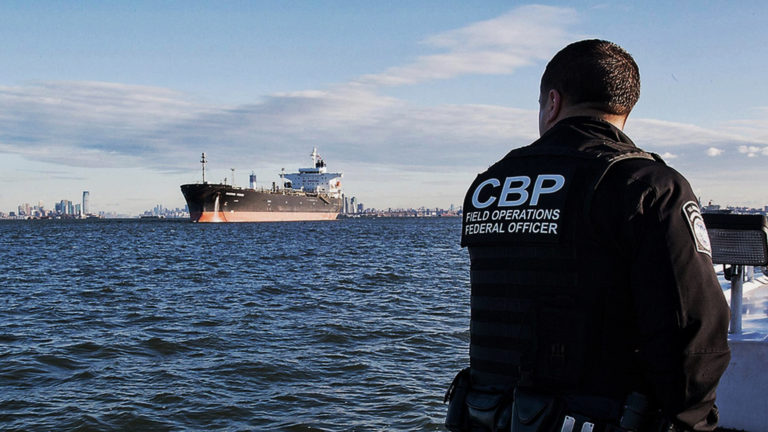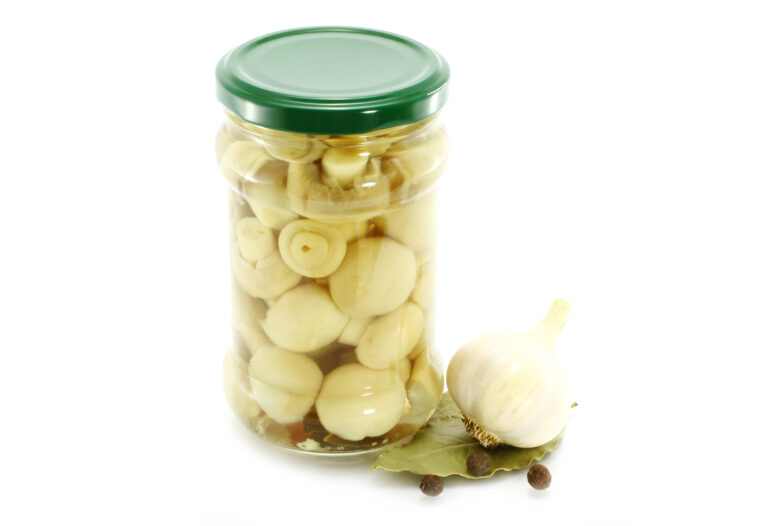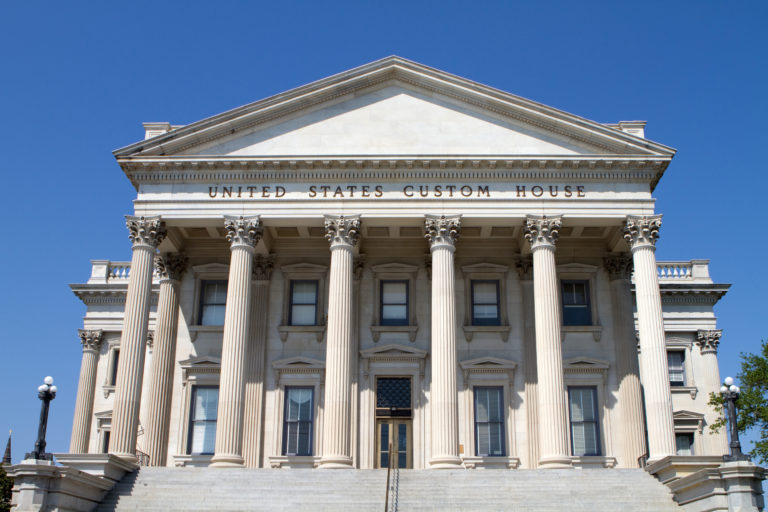
ACE Non-participation Raises “a Red Flag” for U.S. Customs
The current customs and trade landscape is, for considerations relating to national security, economic competitiveness, unfair/illicit trade, supply chain dynamics, human rights, climate change, and consumer protection, more complex and fraught with risk than ever. This characterization is manifest in the terms and/or requirements of recently introduced legislative initiatives (TFTEA, EAPA, UFLPA, etc.), regional agreements














